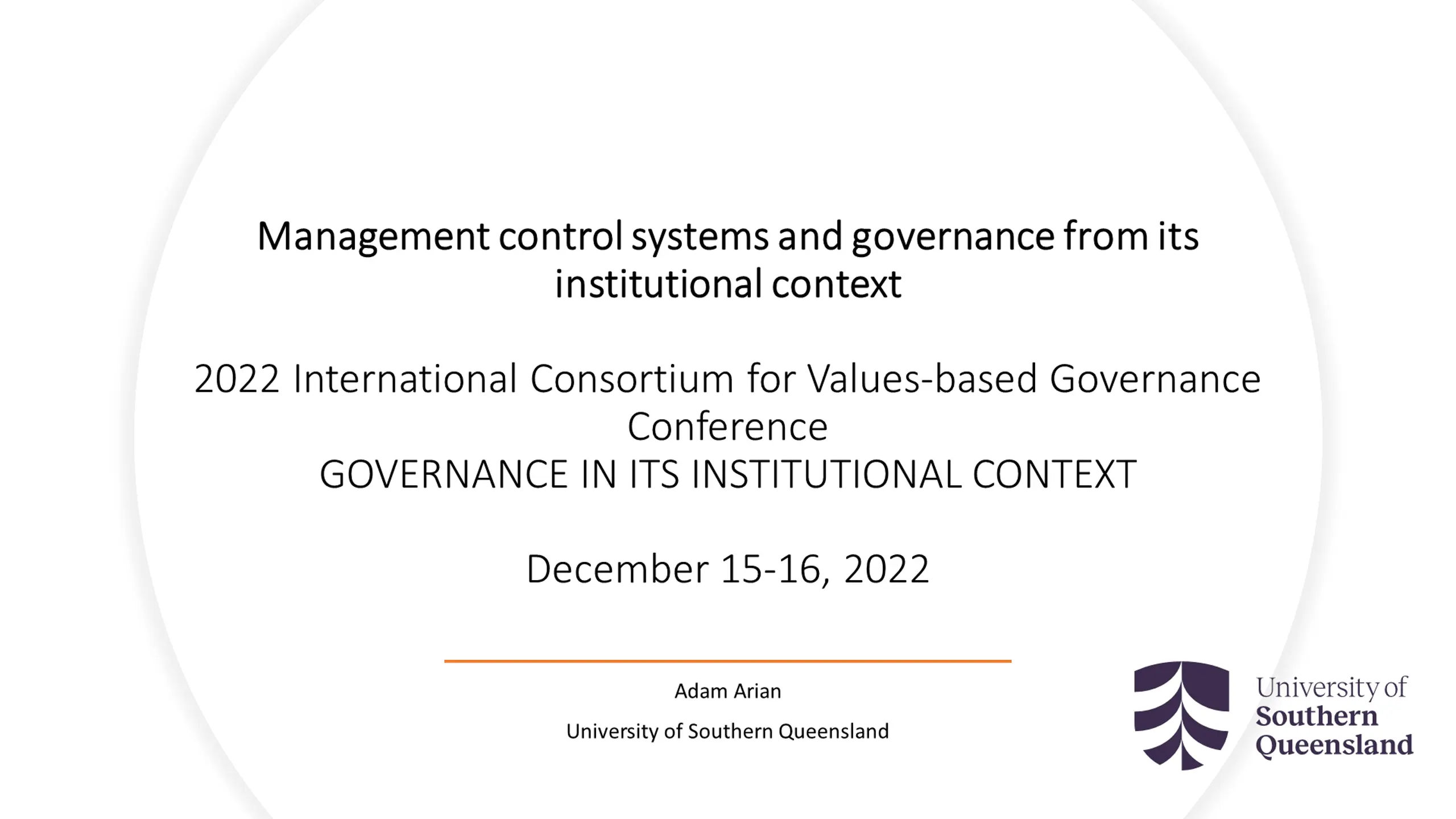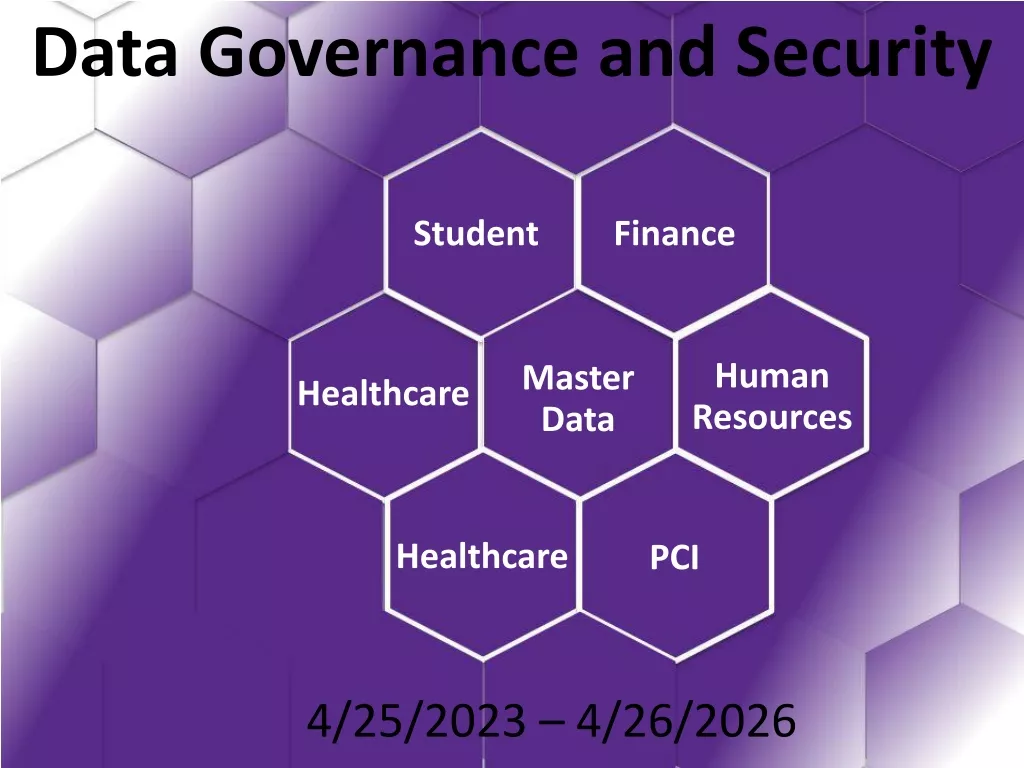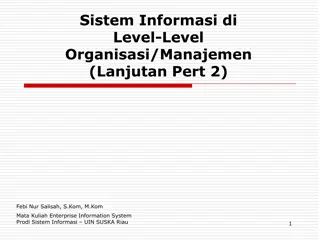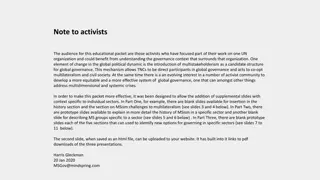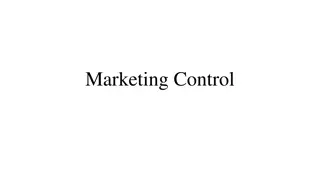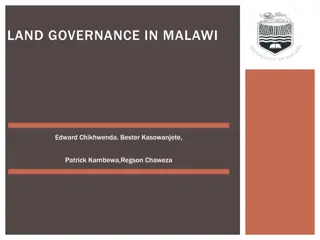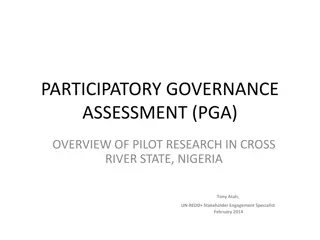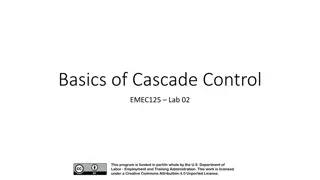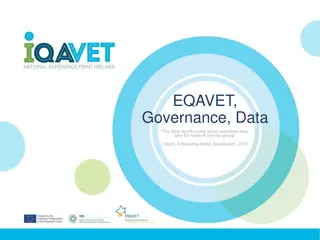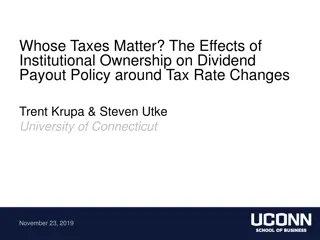Management Control Systems and Governance in the Institutional Context
Explore the role of management control systems (MCSs) and governance structures in the institutional context, focusing on the impact of organizational values, beliefs, and norms. Examine how intangible mechanisms interact with MCSs to improve corporate governance. This topic is particularly relevant in the current business landscape, characterized by financial crises, scandals, and societal pressures.
Download Presentation

Please find below an Image/Link to download the presentation.
The content on the website is provided AS IS for your information and personal use only. It may not be sold, licensed, or shared on other websites without obtaining consent from the author.If you encounter any issues during the download, it is possible that the publisher has removed the file from their server.
You are allowed to download the files provided on this website for personal or commercial use, subject to the condition that they are used lawfully. All files are the property of their respective owners.
The content on the website is provided AS IS for your information and personal use only. It may not be sold, licensed, or shared on other websites without obtaining consent from the author.
E N D
Presentation Transcript
Management control systems and governance from its Management control systems and governance from its institutional context institutional context 2022 International Consortium for Values-based Governance Conference GOVERNANCE IN ITS INSTITUTIONAL CONTEXT December 15-16, 2022 Adam Arian University of Southern Queensland
Management control systems and governance from Management control systems and governance from its institutional context its institutional context Van der Stede 1993: MCSs and governance structures are contingent on several external and internal elements, including corporate culture, values and related strategies
Management control systems and governance from Management control systems and governance from its institutional context its institutional context The importance: o The great financial crisis (GFC), o Financial scandals (such as the Dexia-2011, 1MDB-2015 or Wirecard-2019), o Climate change concerns, o Recent global pandemic (COVID-19), The interest in the corporate governance structure and its performance, Volatile, uncertain, and complex corporate environments intangible mechanisms Organizational values, Beliefs, Norms, And common practices and their interaction with MCSs in improving corporate governance
Management control systems and governance from Management control systems and governance from its institutional context its institutional context Puzzle: Increasing awareness and sensitivity to social issues is aggravating the situation, and The expectations of different stakeholder groups are pressuring firms to perform better for society
Management control systems and governance from Management control systems and governance from its institutional context its institutional context Aims: As Van der Stede stated: The compelling evidence of the importance of corporate governance and MCS and how they matter should come from evaluating the internal activities, policies and what happens inside corporations Van der Stede, W. (2011). Management accounting research in the wake of the crisis: some reflections. European Accounting Review, 20(4), 605-623 Thus, Evaluating the institutional role of intangible mechanisms such as organizational values, beliefs, norms and common practices and their interaction with management control systems (MCSs) in improving corporate governance.
Management control systems and governance from Management control systems and governance from its institutional context its institutional context Conceptual motivation: Agency theory and conflict of interest: Corporate managers may prioritize their own social, political or career agendas at the expense of shareholders, Stakeholder and Legitimacy theory: There is a social contract between corporation and society which is rooted in the expectations of broad stakeholder groups such as employees, customers, community and society A firm exists beyond its executives, shareholders, or any specific stakeholder Stakeholder theory is essential for strategy implementation, and any MCSs have to ensure the continuing success and survival of the firm by connecting and adopting to its dynamic environment
Management control systems and governance from Management control systems and governance from its institutional context its institutional context Conceptual motivation: MCSs are central to corporate strategy-setting (Langfield-Smith, 1997; Merchant & Van der Stede, 2007; Simons, 2000) Corporate managers employ MCSs as systematic, rules-based, and practice-oriented mechanisms to direct the organization s cultural behaviour to shape and sustain the implementation of strategies, Our study refer to: The Informal control mechanism to promote organizational culture through values, traditions, and beliefs focused on member s behaviour, These social control mechanisms (referred to as social management control systems (SMCS) in this study) are not as visible as formal controls, They motivate employees ethical behaviour and, are enhanced through clan control (Norris and O'Dwyer 2004),
Management control systems and governance from Management control systems and governance from its institutional context its institutional context Findings: Organisations can achieve their objectives by creating a trusted relationship with different stakeholder groups that promote behaviour aligned with those objectives, SMCSs can be used to strengthen governance performance, contribute to corporate risk management, and help identify related risks and opportunities, Belief systems and informal control mechanisms can help to establish a strong organisational culture and improve governance performance through an appeal to the values, beliefs and norms of salient stakeholders within a reasonable mechanism of meaningful and unified corporate objectives,
Management control systems and governance from Management control systems and governance from its institutional context its institutional context Implications: Corporate strategies to address stakeholders' concerns, Create and solidify trusted relationships with different stakeholder groups, Promote corporate behaviour aligned with corporate goals. Informal control mechanisms can mobilised to build an organisational climate to strengthen governance performance and promote behaviour aligned with corporate goals, and further help sustain formal MCSs,
Management control systems and governance from Management control systems and governance from its institutional context its institutional context Thank you Adam Arian
